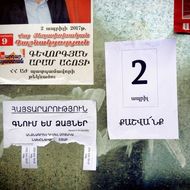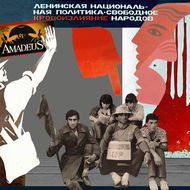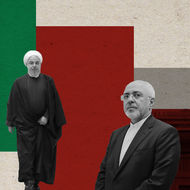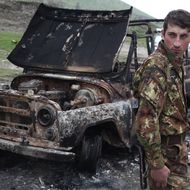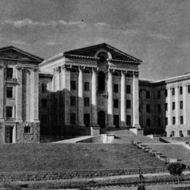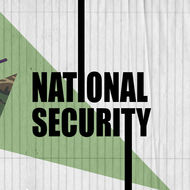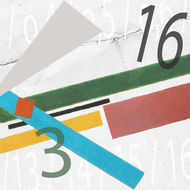Search articles
Search results for
My Conquest of Armenian Identity
By Sergey Sargsyan
Irony lurks in every corner of Armenia, writes Sergey Sargsyan, the "Russian boy" who went into the voting booth and got himself a neat Armenian accent.
'My Expensive Homeland'
By Sona Martirosyan
Vacationing outside of Armenia became an impossibility because of the COVID-19 pandemic. This could have encouraged domestic tourism, however, it was a missed opportunity, writes Sona Martirosyan.
My “Karabakh Movement”
By Lusine Hovhannesyan
Journalist Lusine Hovhannesyan recounts her personal memories as a university student during the first days of the Karabakh Movement. She writes, “We became beautiful and fell in love easily like young men and women living out their last days at the barricades and we sang songs of resilience in the streets of Yerevan.”
Nagorno-Karabakh and Iranian Public and Foreign Policy
By Hamed Kazemzadeh
The 2020 Karabakh War has had regional implications for neighboring countries, specifically on Iranian public and foreign policy. Hamed Kazemzadeh looks at the internal and external dimensions of Iran’s stance.
Nagorno Karabakh: The Four Day War
By Simone Zoppellaro
Writer and photojournalist Simone Zoppellaro writes that the moral and political responsibility of a conflict doesn’t rest solely on the actors, or those who arm them. It rests also on the nations that would have the power to intervene and stop the hostilities but prefer to keep themselves detached or indifferent.
Negating the Honeymoon Discourse
By Harout Manougian , Nerses Kopalyan
The International Republican Institute recently published its fourth public opinion survey since the Velvet Revolution. The survey found that a healthy majority of Armenians believe the country is heading in the right direction.
New Armenia’s Parliamentarians
Armenia’s first post-Velvet Revolution parliament will hold its maiden session on January 14. Who are the men and women who will be serving the Armenian people as parliamentarians? EVN Report presents some interesting facts.
New Music: A Conglomerate of Ideas and Solutions
By Artur Avanesov
What is New Music and why is it not thriving in Armenia? According to composer and musician Artur Avanesov, New Music is a vibrant conglomerate of ideas and solutions, a vast network of communications, pretty much like a modern metropolis; it pushes boundaries and is a search for new sounds and forms.
New National Security Strategy Takes Holistic Approach But Needs Streamlining
By Sossi Tatikyan
Armenia’s new National Security Strategy has adopted a holistic approach to security as traditionally perceived by many in the country, but the structure of the document could be streamlined further.
New Poll Casts Electorate as Largely Pessimistic and Undecided
By Rafael Oganesyan , Nerses Kopalyan
A new poll casts the electorate as largely pessimistic about the candidates and largely undecided. The findings demonstrate that acting PM Nikol Pashinyan’s Civil Contract would win the plurality of the votes but fall short of securing a single-party majority government.


